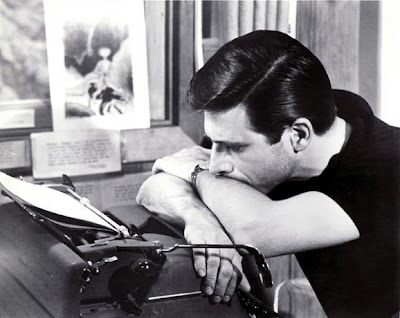Cue the process called "research". I can't begin to imagine what writers did before the Internet though I'm sure they spent less time falling down the research hole (don't tell me you haven't spent hours clicking on wikipedia link after wikipedia link). But the internet can only go so far. Sometimes, you need to experience that which you are researching for yourself.
 I remember listening to Ruta Sepetys speak at the 2012 SCBWII LA Conference about the research she did to write her NYT Bestselling debut novel "Between Shades of Gray". The novel was partly based upon the stories she heard from survivors of the Genocide of Baltic people during a visit with her relatives in Lithuania. Hers was one of the most inspirational speeches of the conference and you could tell that she was sincere and honest in everything she said. On her website, she outlines some of her research process:
I remember listening to Ruta Sepetys speak at the 2012 SCBWII LA Conference about the research she did to write her NYT Bestselling debut novel "Between Shades of Gray". The novel was partly based upon the stories she heard from survivors of the Genocide of Baltic people during a visit with her relatives in Lithuania. Hers was one of the most inspirational speeches of the conference and you could tell that she was sincere and honest in everything she said. On her website, she outlines some of her research process:
"I took two research trips to Lithuania while writing the novel. I interviewed family members, survivors of the deportations, survivors of the gulags, psychologists, historians and government officials. The experience was life-altering. I spent time in one of the rain cars that was used for the deportations. I also agreed to take part in an extreme simulation experiment and was locked in a former Soviet prison."
In her speech, Ruta went on to describe in detail the simulation experiment. It's safe to say they gave her the real deal experience - no holds bar.
While not everyone needs to be imprisoned in the former Soviet Union as part of their research, it is nevertheless valuable, enlightening and may just be the kick start you need for your novel.
My protagonist is a rising star Special Agent. I watched numbers videos, read articles and books. But nothing was as helpful as going to the local DEA office and speaking with experienced agents. I was amazed at how friendly and helpful everyone was. I wanted to make sure my manuscript stayed true to the department's operations but what surprised me the most was my interviewee's understanding of the hypothetical. This is after all, fiction.
 I came out of that experience knowing more than I could ever have from reading books or searching the web. I was also able to test my ideas and get real time feedback as to whether certain situations could be possible and what other issues to consider. I had a spring in my step when I left those interviews knowing that I was on the right track.
I came out of that experience knowing more than I could ever have from reading books or searching the web. I was also able to test my ideas and get real time feedback as to whether certain situations could be possible and what other issues to consider. I had a spring in my step when I left those interviews knowing that I was on the right track.
So enjoy the research process. Ask people questions. The worst they can say is no, but the best thing they can do is provide you with information you would never have access to otherwise.
HAPPY THANKSGIVING EVERYONE!







.JPG)




